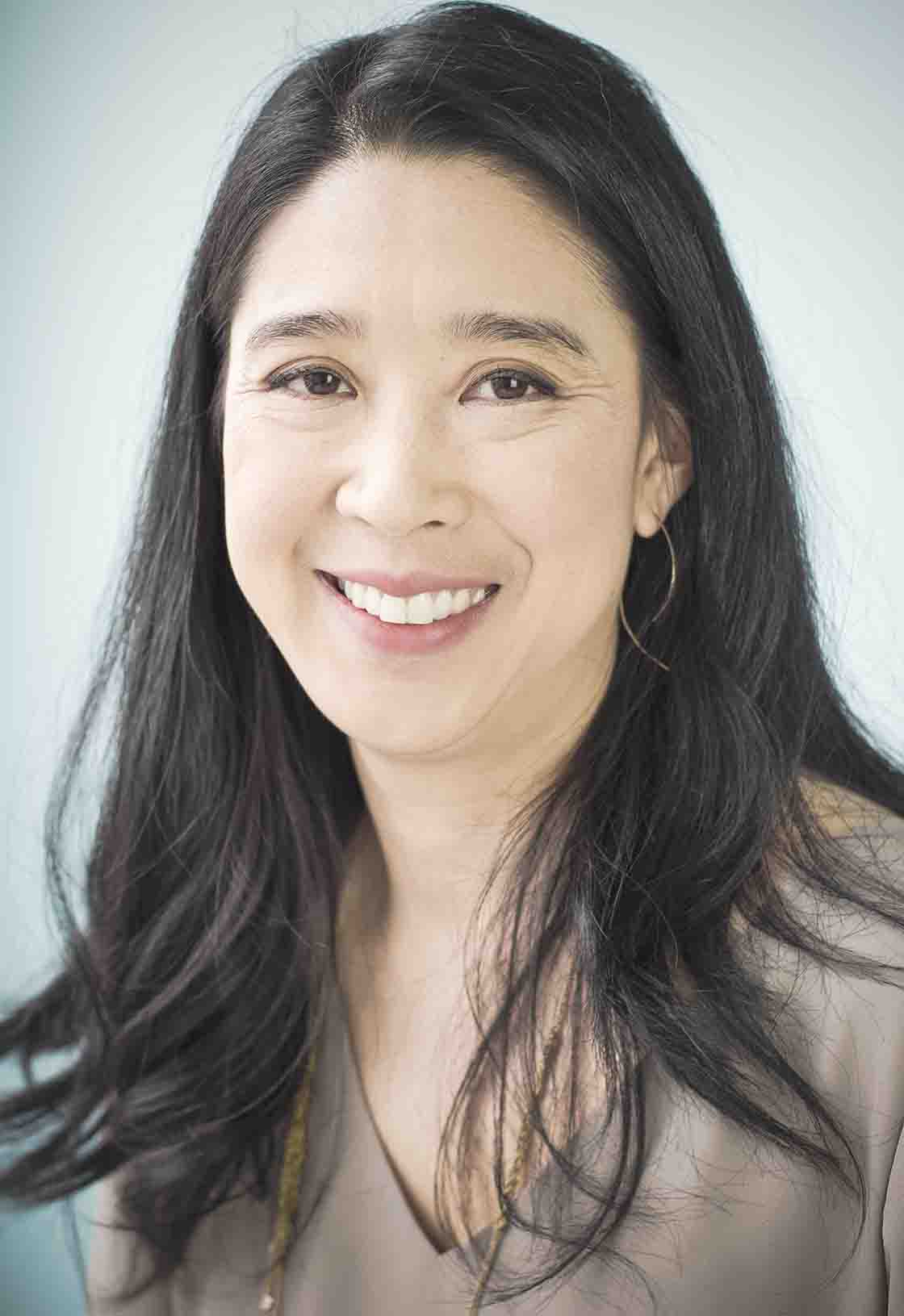As I research this book, I learn many new things.
I learn that not everyone will need a structure for daily communication or a healing model to guide them through their grief. Some people (because of their cultural heritage, networks, or faith orientation) will have a built-in support system already operating in their lives. During four-plus years of imagining and writing this book, I share my need for a mourning structure with many people. And I discover something interesting.
Rudolf Steiner contends that only in Western societies do we separate the dead from the living: “During even more ancient times, the living were able to look up to the dead with clairvoyant vision and follow the events of their lives. It was natural for a soul having a living relationship with the dead” (Staying Connected, 1999: 60).
Slowly, I came to understand the concept and value of what I call a “spiritual support system”.

In Vancouver, speaking with my doctor, acupuncturist Dr. Alda Ngo, I recognize what I have been missing. Her grandmother has recently died, and Alda is explaining how “the monastics will make the decisions and tell us [the family] what to do and the auspicious times to do it. We have so much spiritual infrastructure around death and grieving in the Vietnamese community here in Canada, Wendy.”
From Alda, I learn about the intensive and extensive Vietnamese family and community involvement, with the immediate family gradually weaned off support of family and friends over a period of two to three years after a death in the community (Hoang, D-H. T., “Death Rituals in Vietnamese Society,” 2000, https://ethnomed.org/clinical/end-of-life-in-viet/).
“Oh, Alda,” I sigh.
“When Karl died so suddenly, I had no support system. Or rather, nothing formal. Nothing that was widely shared or understood. Nothing we could take for granted. My friends were — and are — marvellous. And we had to make it all up by ourselves. I stumbled through the burial and the memorial with a pretty clear sense of what Karl would have wanted. Then I was completely at sea about what to do later.”
Now I understand that many communities have longstanding and well-established processes for staying connected. But in non-religious, middle-class Australia and Canada, we have none of that. I have none of that.
In common with me, most religiously unaffiliated Westerners lack the spiritual support system we so desperately need in times of grief and loss.
START AT THE BEGINNING OF THE STORY!
To open this blog at the first post so that you can read the posts in order (recommended), just click on my name below:

